Deep Dive Into OceanX’s Mission To Safeguard Our Ocean’s Future
Over the weekend, an important occasion was observed – World Oceans Day (8 Jun), a day that throws the spotlight on the impact of human actions on the ocean, and encourages a worldwide movement to embark on a project for the sustainable management of the world's oceans.
An essential but often overlooked part of our planet, the ocean, which covers over 70 per cent of our planet, remains one of the most mysterious and under-explored regions. To unlock its secrets and ensure its preservation, OceanX, a groundbreaking ocean exploration nonprofit, is at the forefront.
What is OceanX?
Based in New York, OceanX was founded by Ray Dalio and his son, Mark, and launched in 2018, with the mission to delve into the deep blue, and bring its wonders back to the surface, captivating and educating the world.
The multidisciplinary team (made up of individuals with backgrounds in marine biology, media, and filmmaking) were the first to explore Antarctica’s deep sea, tag a deep-sea shark from a submersible, and film a giant squid in the deep.
Through next-generation technology, OceanX also discovered bioluminescence in more than 180 species of fish.
OceanX in Singapore: Cultivating the next generation of ocean leaders
In March this year, OceanX piloted three weeks of educational programming in Singapore, engaging close to 400 youth and educators with OceanX Education. This initiative of Dalio Philanthropies is dedicated to fostering the next generation of ocean leaders.
The first week of the programme kicked off on 19 Mar, with seven groups of youth, educators, and researchers exploring the OceanXplorer – the most advanced exploration, scientific research, and media production vessel ever built, to provide hands-on learning experiences.
This initiative represents the beginning of OceanX’s efforts to engage and serve young people in Southeast Asia, fostering a new generation that values and protects the ocean.
The pilot programme included the flagship Young Explorers Program, educator experiences, immersion activities, and ship tours. Participants engaged in workshops, hands-on activities, and science communication projects, gaining insights into ocean science, maritime operations, media, and storytelling. The goal: to inspire young people to become ocean explorers, problem solvers, advocates, and storytellers.
The lifeline between ocean ecosystems and life on land
The ocean is intrinsically linked to life on land in ways that are both surprising and critical. Coral reefs, often referred to as the "rainforests of the sea," are particularly significant. Despite covering just 0.2 per cent of the ocean floor, they host 25 per cent of marine species.
Here are six ways these vibrant underwater ecosystems provide numerous life-saving medicines, essential protections against natural disasters, and hold keys to technological breakthroughs.
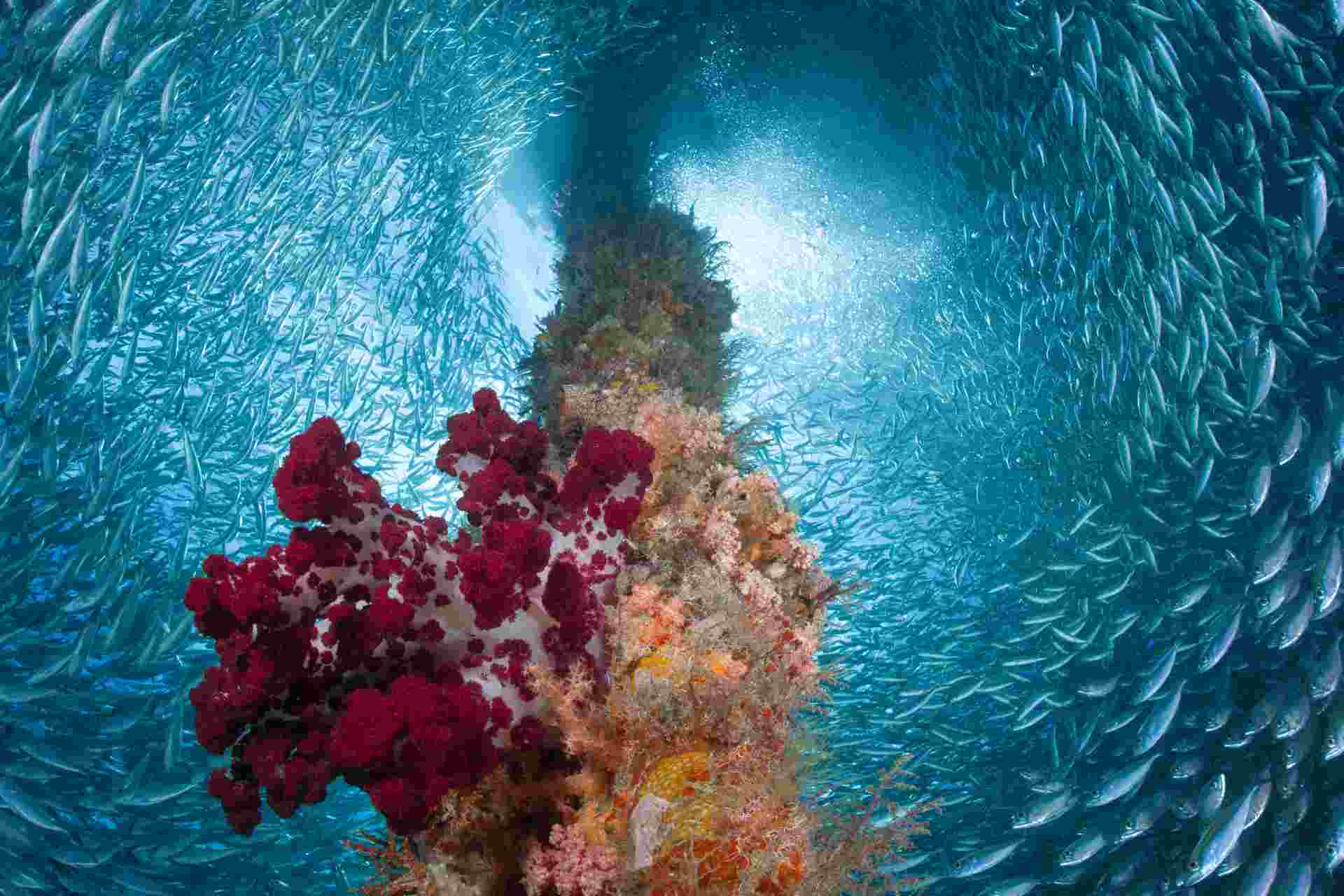 IMAGE COURTESY OF OCEANX
IMAGE COURTESY OF OCEANX
1. Life-saving medicine
Coral reefs are treasure troves of biocompounds used in treatments for conditions such as leukaemia, cancer, arthritis, and bacterial infections. Recent research suggests that reefs may even offer cures for diseases like Alzheimer's.
2. Natural disaster defence
Healthy coral reefs act as natural barriers, reducing wave energy by up to 97 per cent and wave height by 84 per cent, thereby protecting coastal regions from storm surges and erosion. In an era of increasing climate-related natural disasters, this natural defence is indispensable.
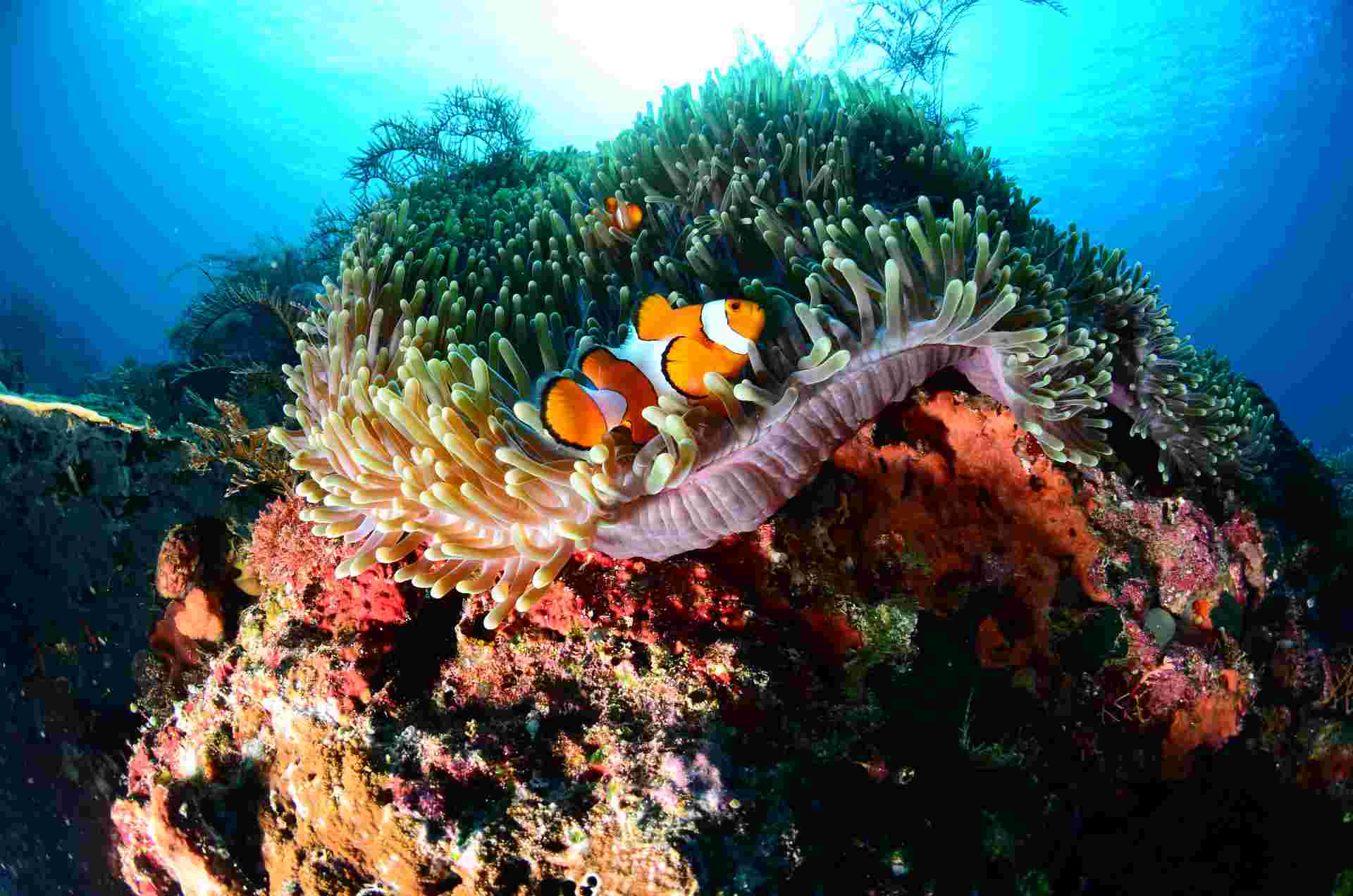 IMAGE COURTESY OF OCEANX
IMAGE COURTESY OF OCEANX
3. Technological breakthroughs
Ongoing reef surveys are uncovering unique chemical compounds that promise new biomaterials, potentially revolutionising industries and creating new jobs in the biotech sector.
4. Vulnerability of nations
Entire countries and regions, such as the Maldives, Palau, and the Florida Keys, are built on reef islands. The loss of these reefs would result in their submersion and disappearance.
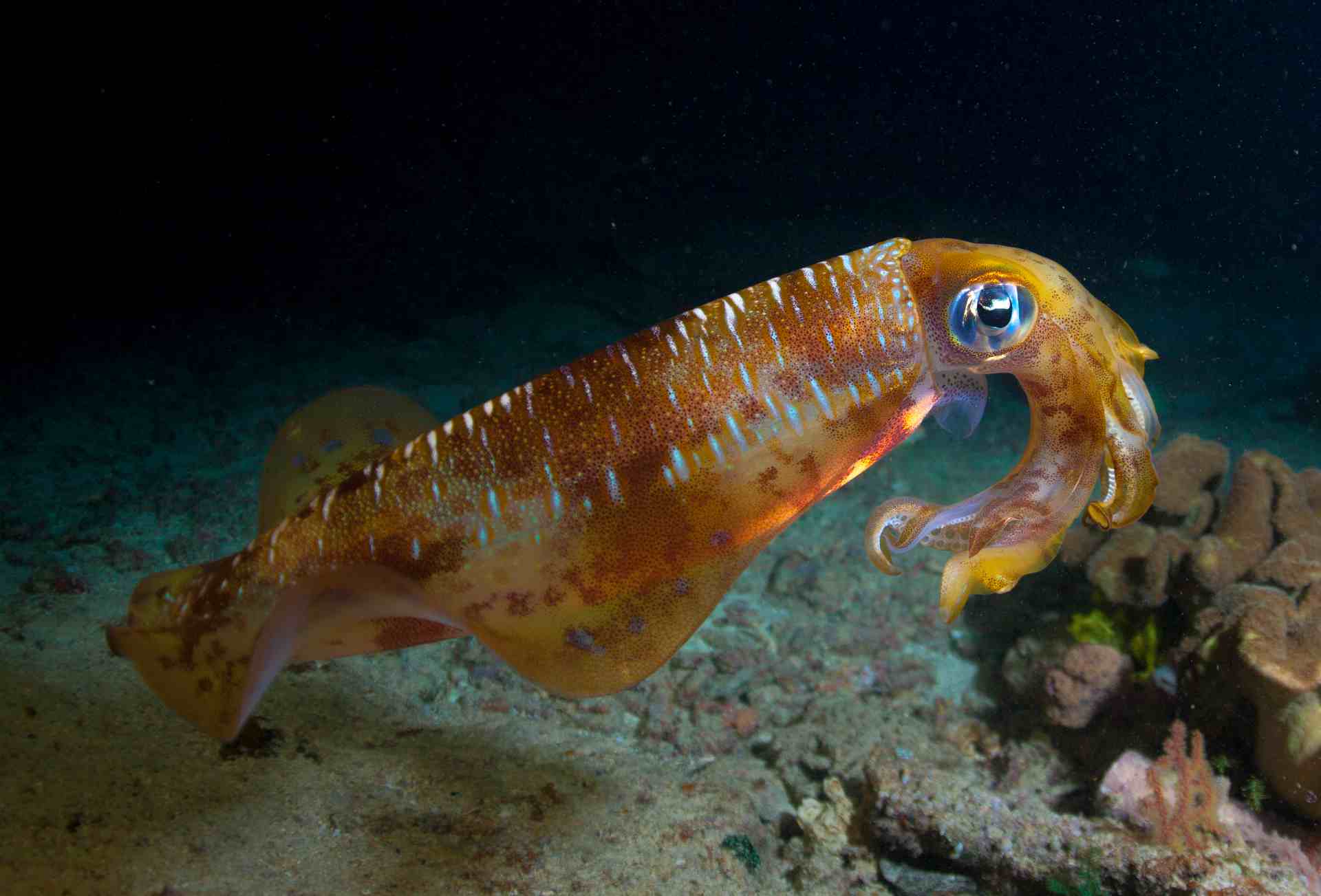 IMAGE COURTESY OF OCEANX
IMAGE COURTESY OF OCEANX
5. Economic impact
Coral reefs contribute approximately US$9.9 trillion annually through fishing, tourism, coastal development, and hospitality. Their degradation would lead to economic collapse and job losses for millions.
6. Global food sources
One billion people in over 100 countries rely on reefs for a sustainable food source. The health of these reefs is directly linked to global food security.
Three fun ocean-y and science-y things to impress your friends with
1. A very powerful tool for ocean exploration
As the acronym in its name suggests, the CTD collects data on conductivity (salinity), temperature, and depth.
2. This tool collects… whale snot
The aptly named Snotbot gathers useful information about the health, genetics, and behaviour of whales.
3. What’s the difference between a submersible and a submarine?
Psst… it’s about size, and how long you can stay down.
For the latest updates on Wonderwall.sg, be sure to follow us on TikTok, Telegram, Instagram, and Facebook. If you have a story idea for us, email us at [email protected].







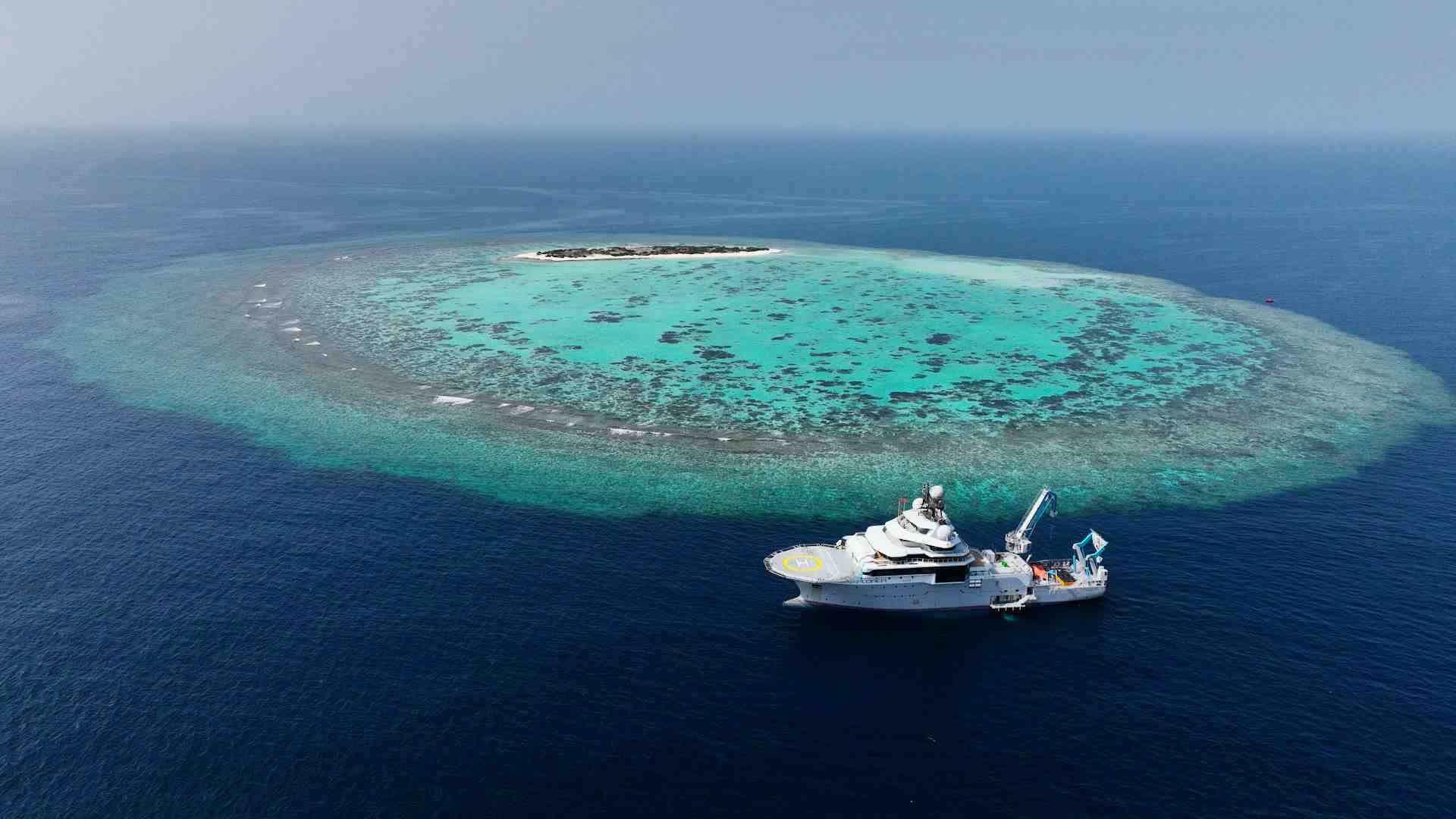
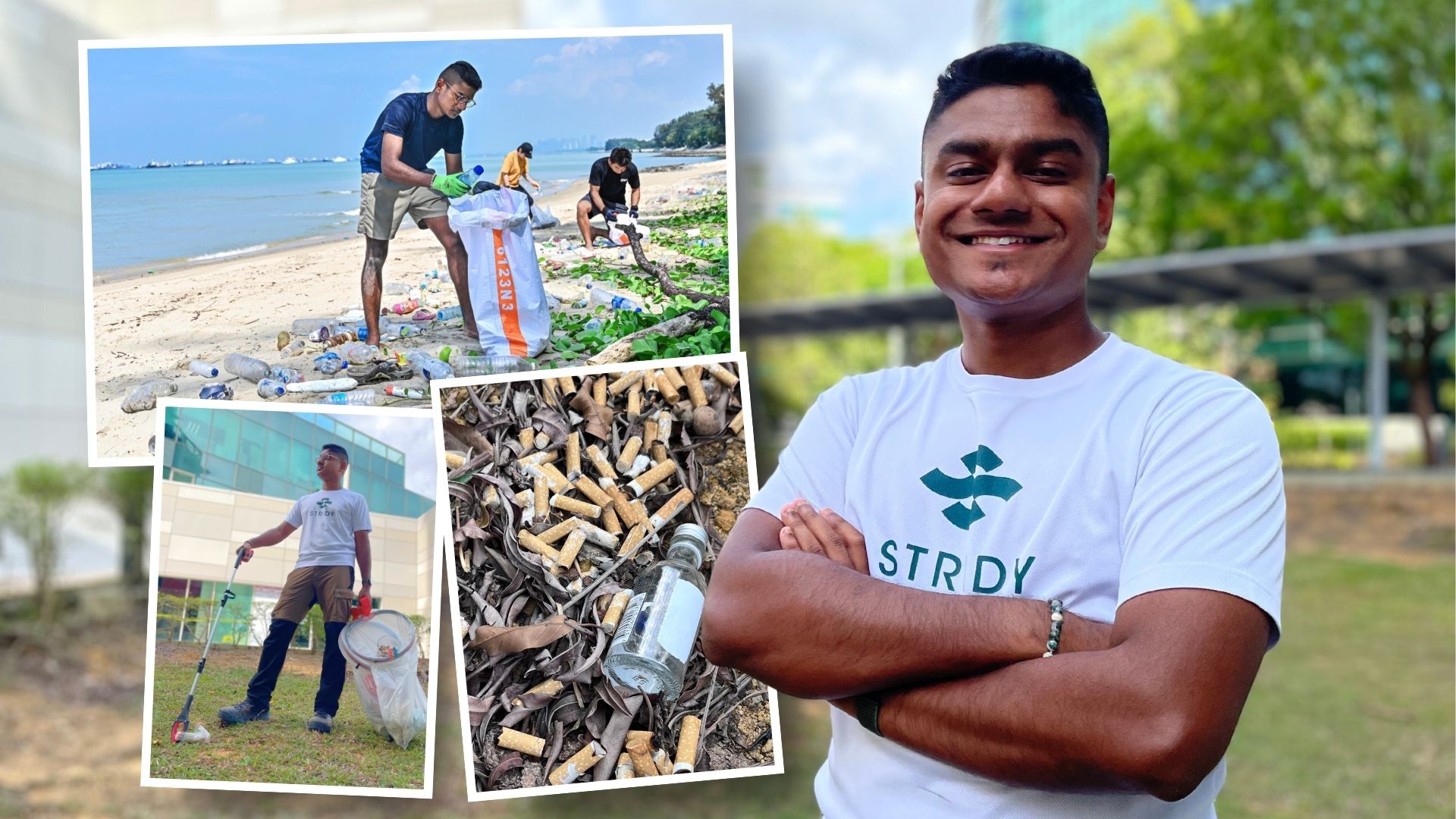

/eco_toys_rectangle.jpg?sfvrsn=a9a1d75a_1)
